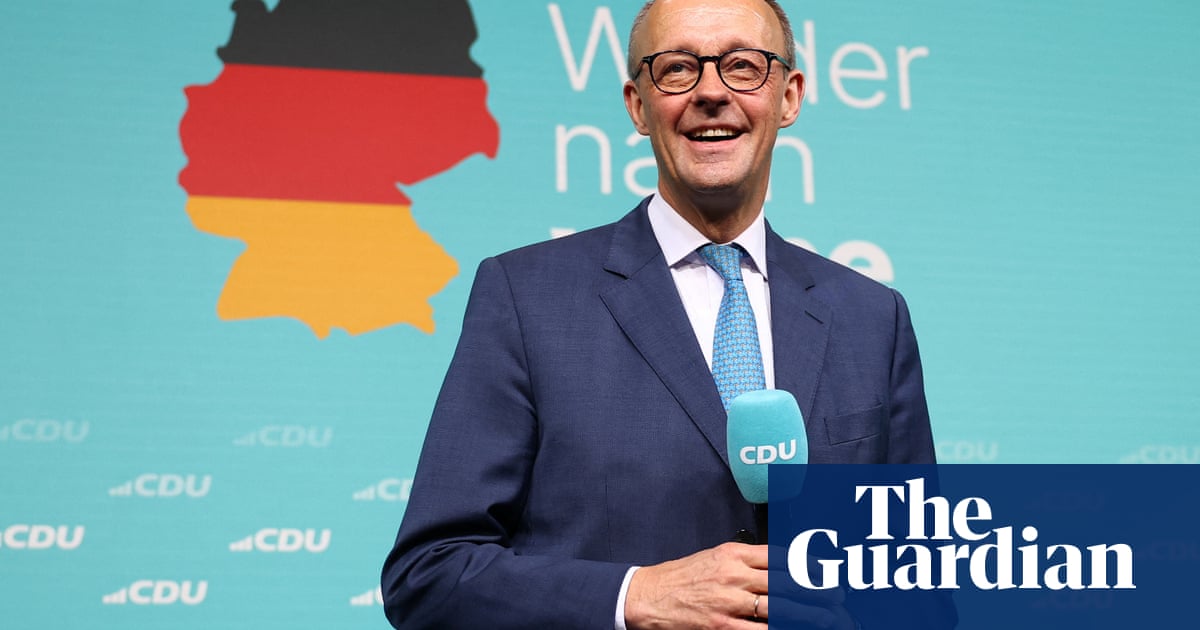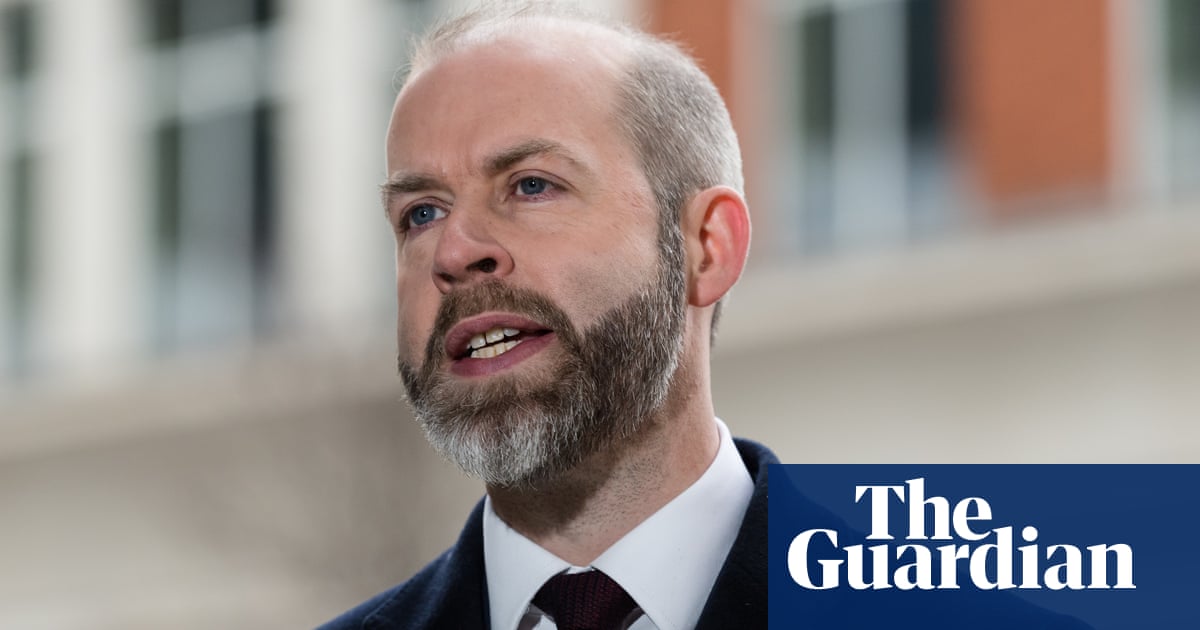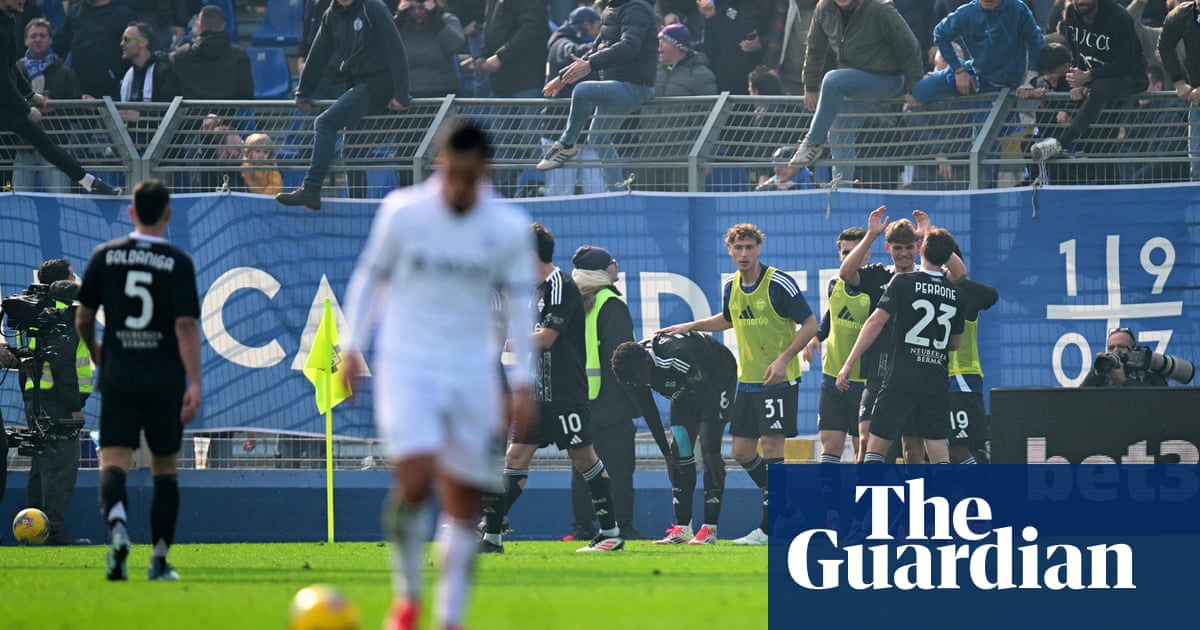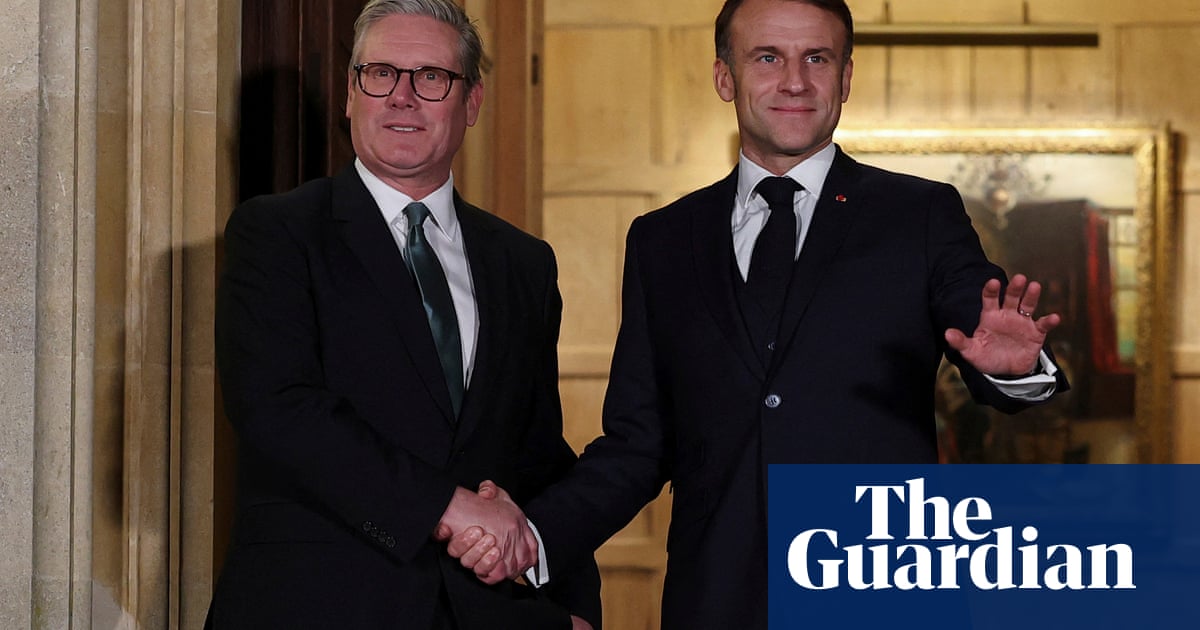Political scientists have long argued that a defining characteristic of populism is the distinction between a “pure people” and a “corrupt elite”. In the turbulent politics of the early 21st century, few public figures have promoted that worldview with as much vigour and impact as the Italian comedian Beppe Grillo.
During the 2010s, Mr Grillo’s Five Star Movement (M5S) became at one point the most successful and quixotic populist party in Europe, coming first in the Italian election of 2018 by a comfortable margin. Its signature principles were a belief in the power of direct democracy, and a conviction that traditional left‑right politics should be superseded by a popular revolt against la casta – the privileged elite whose power persisted whichever government was in charge. People power was mobilised through the party’s Rousseau platform, designed as a forum for online democracy by M5S’s co-founder and internet evangelist Gianroberto Casaleggio.
Heady days, but that was then. This month, the power of direct democracy has been deployed against Mr Grillo himself. At a seismic conference, members opted to remove him from his €300,000-a-year post as the “guarantor” of the party’s values. They also agreed to define M5S’s politics as belonging to the progressive left and remove the two-term limit on its MPs, allowing some of its more impressive performers to stand again for election.
A furious Mr Grillo has successfully insisted that a repeat vote be held this week. But the direction of travel indicated seems irreversible. M5S’s poll ratings have fallen steeply in recent years. Flip‑flopping decisions to form a governing coalition with the radical right and then with the centre-left, and a major split over aid to Ukraine, have taken their toll.
But the party remains a significant force in Italy’s divided opposition, whose inability to unite paved the way for Giorgia Meloni to take power two years ago. Against the wishes of Mr Grillo, the party’s leader, Giuseppe Conte, is determined to position M5S as a more conventional progressive party. In 2022, it campaigned to the left of the Democratic party (PD) on issues such as a citizen’s income and the minimum wage.
Mr Grillo’s fall from grace, rejected by the movement he set up to such remarkable effect, carries an element of pathos. But under his domineering influence, M5S became an erratic and strange political animal, allying at one point with Nigel Farage’s Ukip in the European parliament. Although he took a more distanced role in recent years, the claim to be “beyond” ideology had often masked a tendency for policy to be decided according to Mr Grillo’s personal predilections.
Mr Conte’s coup, assuming it is confirmed, opens up the possibility of a more dynamic, united and powerful broad left in Italian politics. M5S’s opposition to military aid for Ukraine may become a complicating factor at a future national election. But a political realignment channelling some of the grassroots idealism that accompanied the party’s rise could be a gamechanger.
As with other sister movements on the European centre-left, the PD has become too associated with the interests of the urban middle classes, while populist parties have thrived disproportionately on the radical right. A reinvigorated M5S, minus Beppe Grillo, could begin to redress the balance.

 2 months ago
52
2 months ago
52













































